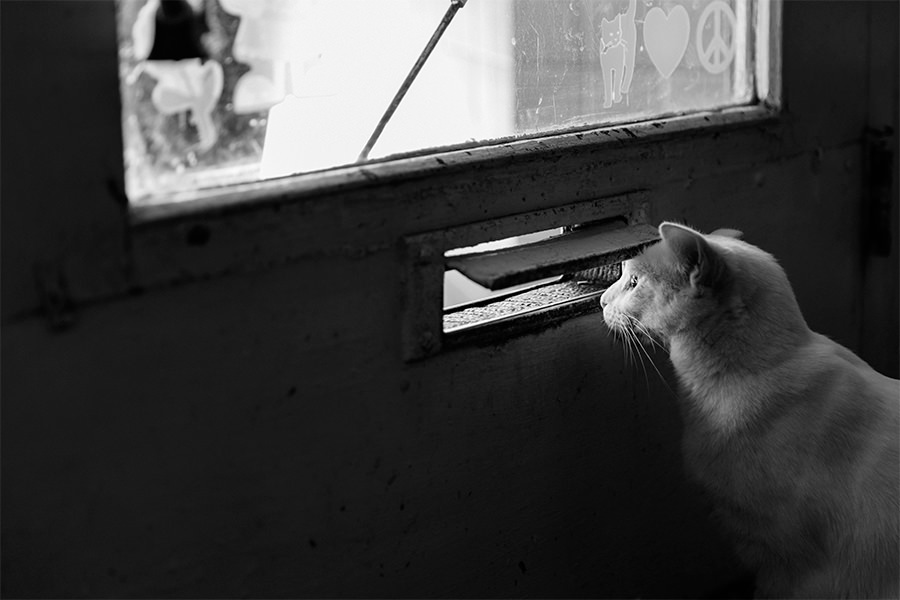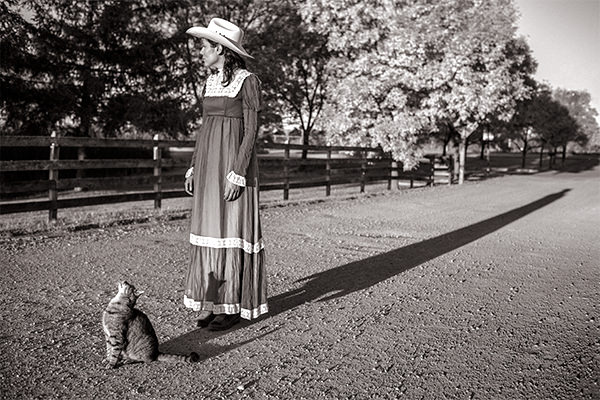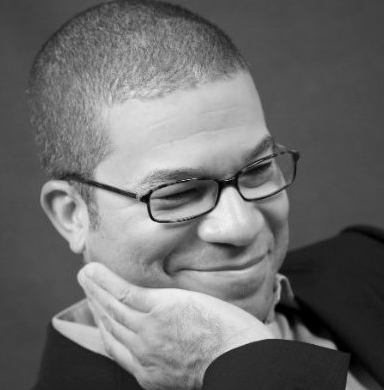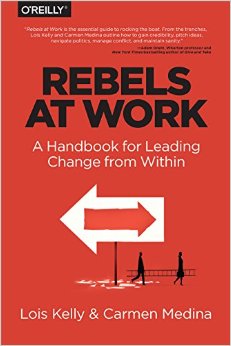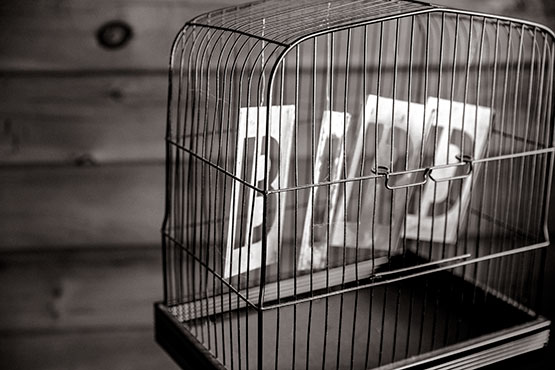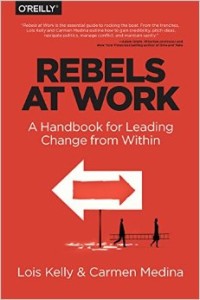
I’ve been looking forward to this interview for some time. Lois and Carmen are two thought leaders I admire and respect a great deal. Rebels at Work: A Handbook for Leading Change from Within is a great read, and their insights here are powerful. Enjoy!
What or who inspired you to take on the challenge of helping rebels in the workplace?
Lois: A giant light bulb popped for me when I was at an innovation conference and heard Carmen talking about being a heretic within the CIA, and how hard it was to create change inside the “belly of the beast.” I realized that day that I had throughout my career I had either been helping clients create change inside their big organizations or had been shaking things up in my own organizations. I also realized that I had been winging it my entire career, and felt kind of sad about that.. What else might I have been able to do if someone had coached me on what it takes to move new ideas through the politics of any organization? Could I have enjoyed work more? Could I have been kinder and more empathetic? This melancholy motivated me to help others.
Carmen: Well, as Lois said when I retired from the CIA the first significant public speech I gave was about being a heretic at the CIA. I not only connected with Lois, but also with many other people trying to make innovation occur inside big organizations. We too often talk about entrepreneurs and startups, but as hard as that is, I think making change inside existing organizations is harder. Like living in your house while you’re doing a big remodel. When I was at CIA, I was always reflecting on what I was doing. A lot of those reflections evolved into better practices for Rebels at Work.
What keeps you up at night regarding this mission? Are there any storm clouds we should be looking out for?
Lois: how do we reach BOTH the rebels and the executives to whom rebels report? We can teach, mentor and inspire rebels. But for organizations to adapt and grow executives have to create an environment where new ideas are welcomed and they have to know how to coach their rebels. Maybe even more fundamentally, they have to want rebels on their teams, not just tolerate them. The storm cloud I see is that as changing market contexts upend business as usual, most people get scared. And when they get scared they double down and try to make what’s worked before keep on working, shunning the people with the new ideas. Related is that people stop raising new ideas because they know business is not good and they are afraid of losing their jobs.
Carmen: What keeps me up a lot is the worldwide conspiracy for the preservation of mediocrity. For the most part, it’s not an explicit conspiracy, although people who believe things like “if it ain’t broke, don’t fix it” are suggesting that we should just settle. All of us, at one time or another, are unwitting members of this conspiracy. I also worry a lot about how hard it is to get people to accept diversity of thinking. This is something I had to deal with during my career. And sometimes I worry it isn’t really improving.
In Chapter 8, you write about the importance of Rebel Self-Care. From a wellbeing perspective, can you expand on that?
Lois: We rebels tend to be passionate and that passion can morph into obsession. Obsession can eat you alive, causing all kinds of bad behavior and blinding us from being able to rationally see what’s what. Taking care of ourselves is the only way to not fall into an obsessive dark hole. It’s the only way to keep a positive perspective and sense of humor. When we lose those, we’re losing our ability to be effective. Maybe we’re just plain losing ourselves. The more committed we are about excelling at our work, the more we need to look after our mental, spiritual and physical well-being. That’s our fuel and our safety net. It’s also what gives meaning to our life and work. (And meaning is a much more satisfying outcome than money or status.)
Carmen: I flunked Rebel Self-Care in my career, so I’m excited that we discuss this in the book and that so many people respond so positively to the message. I lost some of my best friends at the Agency during my time there because I didn’t pay attention to my emotions, that I was approaching a breaking point. All rebels need to avoid that breaking point. When we become cynical and negative, it takes a lot of effort to recover. And sometimes we never do.
Can the strategies found in the book apply to multiple areas of a rebel’s life?
Lois: Ha! Anyone who has teenagers knows what it’s like to be the “boss” of rebels. You love their fresh thinking, their creativity, their intolerance for school and societal rules that just don’t make sense. And yet they make you crazy when they break the rules, do stupid things without understanding the bigger context, and let their emotions run wild. When we coach our teenagers and help them learn how to navigate, they develop capacities for being effective, meaningful citizens of the world. If we simply insist they follow the rules, they just get angrier and more frustrated. Same with rebels and their bosses. As for rebels, the strategies in the book apply to many areas of our lives where we’re trying to get groups of people or organizations to consider new and better approaches than what exists. Parent-Teacher Organizations, church councils, school committees, condo associations, boards of non-profits. It’s about people influencing people.
Carmen: I use my “lizard brain” mantra to control my emotions ALL THE TIME. It really works. One recommendation we make is for rebels to not dominate conversations. In everything we do, we need to listen more.
When you think back on your career, can you recall a manager who once looked negatively at rebels, and then changed their mind? What brought the change on?
Lois: As a lifelong rebel, I pissed off more than a couple of my bosses and most of them came around because of two reasons, and sometimes a third. They realized how much I cared for the organization and wanted all of us to succeed. Second, they often couldn’t believe how many risks I took to make new ideas work. I didn’t just have skin in the game, I had a whole body commitment. From my observations, no manager needs to give rebels the “you have to be accountable” talk. Because I spent my career working for ad agencies and consulting firms, the third thing that turned my bosses into believers was revenue. When my ideas produced new revenue, there was only happiness and support.
Carmen: It’s always surprised me how well I get along with gruff, no-nonsense people. I think I had a couple of managers in my career who first thought I was nuts and then came to believe in what I was doing. This is going to sound arrogant, perhaps, but I think what changed their mind was that they began to appreciate that I had been right all along. Don’t get me wrong, I’ve been wrong many, many times. But in the late 1990s, I appreciated what the internet was going to do to “knowledge work” sooner than many people in my organization. I had so many arguments with people about applications such as Wikipedia and Social Media. Years later, some of them now ask me how I saw it coming. Well, I can’t explain that at all. Really, I don’t understand why they didn’t see it.

Carmen Medina
Carmen spent 32 years as a heretic at the Central Intelligence Agency. Despite this, she held several senior positions at the Agency, including serving on the executive team that led the CIA’s analytic directorate. She thinks most organizations don’t have a good way of determining when it’s time to transform and/or “sell” their current business model. Heretics, mavericks, and rebels at work can provide organizations with the important early warning system they so desperately need.
Since retiring from CIA in 2010, Carmen has continued to write and speak about Rebels at Work, analysis and strategic warning, the emergence of new global norms in the 21st century, the future culture of work, and cognitive diversity. She is Puerto Rican by birth and Texan by nationality. She tweets under @milouness and @RebelsatWork

Lois Kelly
Lois Kelly has been a creative rebel throughout her career, helping some of the most respected companies in the world create new ways to launch products, communicate complicated issues, influence public opinion, deal with crises, go public, adopt innovative business practices, and occasionally try to move mountains.
During this journey, Lois has become a student of change, learning what it takes to get people to embrace new ideas. Her obsession is creating clarity from complexity. Her most meaningful work is leading workshops where people create the future they want for their organizations and companies.
Lois lives in Rhode Island, the smallest and most creative state in the United States, and tweets under @LoisKelly and @RebelsatWork.




